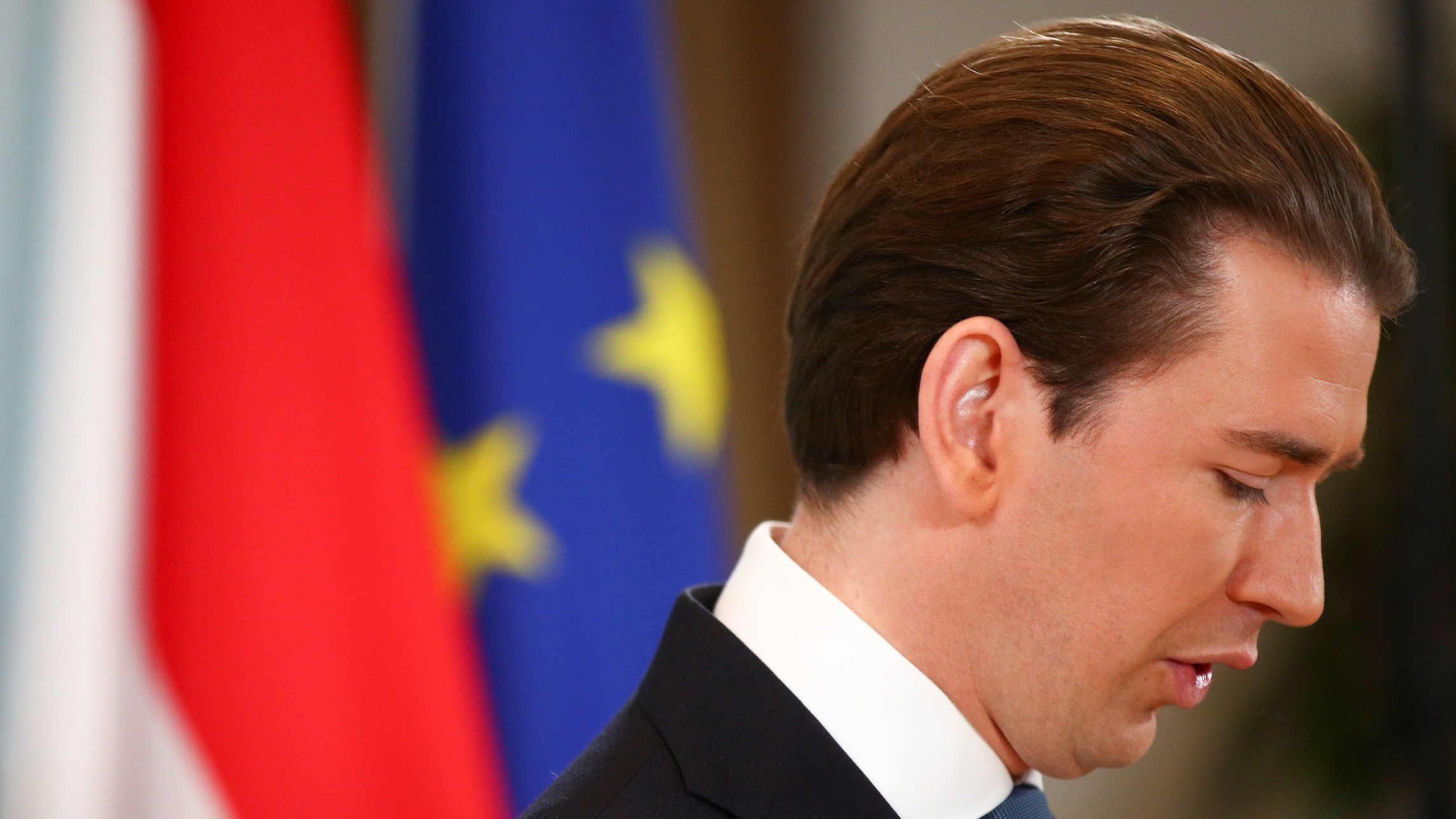Austria’s former right-wing chancellor Sebastian Kurz has been hit by a new slew of corruption allegations involving electioneering and opinion poll manipulation with public funds, adding to the special corruption prosecutor’s ongoing bribery investigation against him, according to Euractiv.
Kurz, who served as Austria’s chancellor for two short stints, is currently being investigated by the country’s Prosecutor’s Office for Economic Affairs and Corruption (WKStA) for allegedly bribing various media to get favourable coverage in exchange for amending laws.
Now the prosecution has set its eyes on the Austrian Integration Fund (ÖIF), which is alleged to have placed dubious advertisements, and let unjustified polls be carried out with ÖIF funds, with the intention of furthering Kurz’s political agenda, according to the magazine Profil reported. The magazine also revealed that ÖIF filed a leniency application in January.
However, those involved were aware of the survey’s non-purposeful nature, reported Profil, quoting the file. For example, people were asked whether they had a “rather good or rather no opinion of Integration State Secretary Sebastian Kurz”. The applicant admitted to participating in these actions by placing orders and approving payments.
The WkStA has been investigating the ÖIF for undervalued real estate sales since a critical report by the Austrian Court of Audit in 2015. In the course of the investigations, the WKStA found those inconsistencies.
However, WkStA denied to Profil and APA that there would be an investigation on the matter. Also, the ÖIF stated no knowledge of any suspected investigations, emphasizing compliance with clear staffing and contract awards regulations. Meanwhile, Kurz’s spokesman stressed these are “constructed accusations that lack any substance.”
Kurz resigned as chancellor after the start of the WKStA investigations in October 2021. The accusations date back to 2016 when he was still foreign minister. According to the prosecution, the Finance Ministry also used tax money to pay for polls that painted Kurz favourably.
This is one of several corruption probes that have hit Austria in the past years, beginning with the Ibiza gate affair that led to the collapse of the government in 2019 when a secretly recorded video was published showing then right-wing opposition politician Heinz-Christian Strache (who became vice-chancellor) discussing corruption and media interference.
As a result, Austria continued to fall in the 2022 Corruption Index of Transparency International, falling out of the Top 20 least corrupt countries, with its worst result since 2014.









